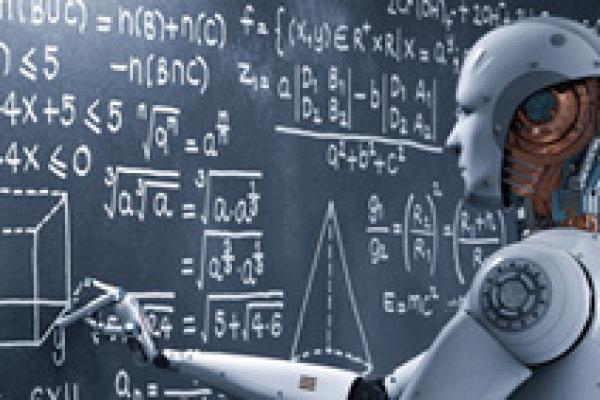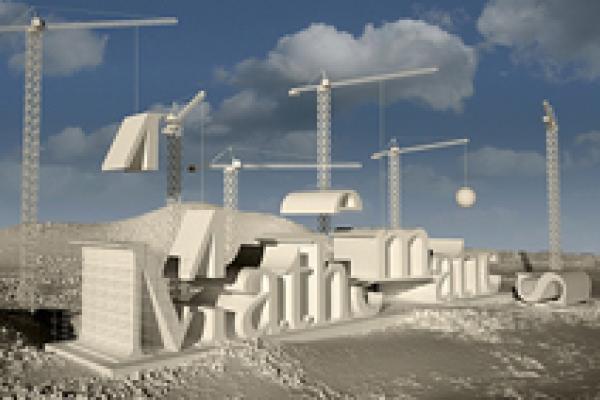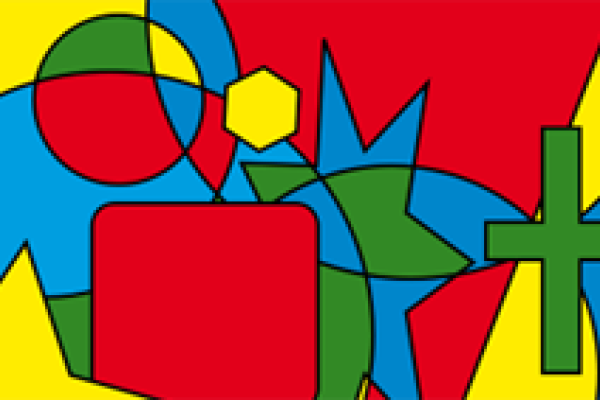
Content about “ proof
”


Seeing Pythagoras
The great thing about geometry is that you can sometimes prove things using pictures. Enjoy these three great visual proofs of Pythagoras' theorem!

Intuitive mathematics
Can a mathematical object be said to exist if you can't construct it?

Something from nothing?
If you can prove that a statement can't possibly be false, does this mean it's true?

The future of proof

Why we want proof
What are mathematical proofs, why do we need them and what can they say about sheep?
This is not a carrot: Paraconsistent mathematics
Paraconsistent mathematics is a type of mathematics in which contradictions may be true. In such a system it is perfectly possible for a statement A and its negation not A to both be true. How can this be, and be coherent? What does it all mean?
Picking holes in mathematics
In the 1930s the logician Kurt Gödel showed that if you set out proper rules for mathematics, you lose the ability to decide whether certain statements are true or false. This is rather shocking and you may wonder why Gödel's result hasn't wiped out mathematics once and for all. The answer is that, initially at least, the unprovable statements logicians came up with were quite contrived. But are they about to enter mainstream mathematics?

Searching for the missing truth
Many people like mathematics because it gives definite answers. Things are either true or false, and true things seem true in a very fundamental way. But it's not quite like that. You can actually build different versions of maths in which statements are true or false depending on your preference. So is maths just a game in which we choose the rules to suit our purpose? Or is there a "correct" set of rules to use? We find out with the mathematician Hugh Woodin.
Automated mathematics
Omega and why maths has no TOEs
